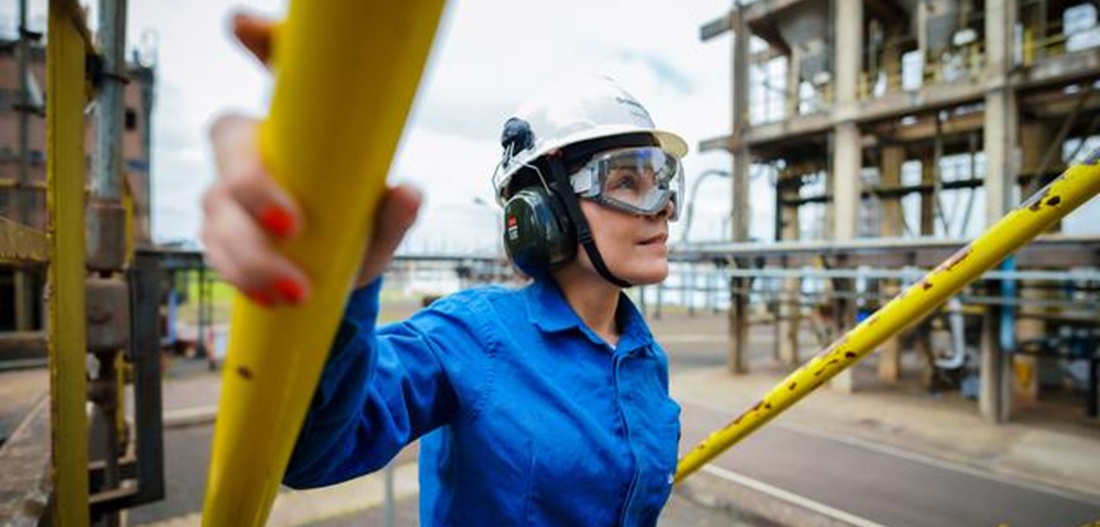
Braskem Invests in Its Own Fleet of Ethane and Naphtha Ships
Feb, 17, 2025 Posted by Denise VileraWeek 202506
Braskem has operated the first vessel of its fleet, which is dedicated to the international transportation of its key raw materials, naphtha, and ethane. With a total investment of $332 million, equivalent to approximately R$1.9 billion at the current exchange rate, the six ships will serve the Braskem Idesa petrochemical complex in Mexico and naphtha-based production units in Brazil. This move will reduce freight costs and ensure supply availability at a time when shipyards are prioritizing the construction of container vessels over those for liquids and gases.
All ships will be financed through a 15-year lease agreement with Norwegian company Ocean Yield, with Braskem retaining a purchase option at the end of the contracts. “The concept is to have more competitive freight, be more efficient, and be more sustainable by reducing emissions,” says Braskem’s Logistics Director, Silvia Migueles.
The first vessel, Brillant Future, is dedicated to transporting ethane from the United States to Braskem’s Mexican complex, with an investment of $80 million. Built by China’s Yamic, it is 188 meters long and has a transport capacity of 19,000 tons per trip.
A second ship, similar to Brillant Future, will begin operations in June and follow the same route. Equipped with dual-fuel engines, these vessels can run on bunker oil and ethane, leading to a 40% reduction in carbon emissions.
Both ships arrive at Braskem just before the inauguration of its new ethane terminal in Mexico. This will allow Braskem Idesa to import all the raw materials needed for polyethylene production and eventually expand its operations.
Four additional vessels, which will supply Braskem’s units in Brazil with imported naphtha from regions including the United States, the Middle East, and Africa, will begin operations in 2028. Each ship will cost $43 million and have a transport capacity of 55,000 tons of raw material.
Naphtha remains the raw material most consumed by Braskem’s Brazilian operations. While Petrobras is a significant supplier and a major shareholder in Braskem, 60% of the company’s naphtha is already imported. Brazil’s petrochemical plants annually require between 4.5 and 5.5 million tons of input.
According to Migueles, Braskem’s board of directors has approved the acquisition of the six ships. Major global petrochemical companies like Ineos and Reliance already operate ethane transport fleets. In Braskem’s case, the leasing model should not add financial pressure to the company’s balance sheet. “Naphtha imports are crucial for our operations in Brazil. Today, the availability of larger vessels for this type of cargo is very low worldwide,” says Braskem’s Logistics Manager, Eduardo Ivo Cavalcanti.
Last year, Braskem became a Brazilian Navigation Company (EBN) and began its cabotage operations, expecting annual savings of R$10 million. In the future, the company plans to expand its fleet. However, executives emphasize that Braskem does not aim to become self-sufficient in maritime transport or provide shipping services to third parties.
Source: Valor Econômico
-
Ports and Terminals
May, 26, 2022
0
The Port of Imetame has received R$ 200 million in investments
-
Ports and Terminals
Oct, 03, 2022
0
Brazil’s Antaq suspends Port of Itajaí stopgap leasings
-
Blog Statistics (ENG)
Aug, 16, 2024
0
East Coast South America Top Trading Countries | Jan-Jun 2024 vs. Jan-Jun 2023 | DataLiner
-
Meat
Oct, 09, 2019
0
United States authorizes five new Argentine slaughterhouses to export meat



